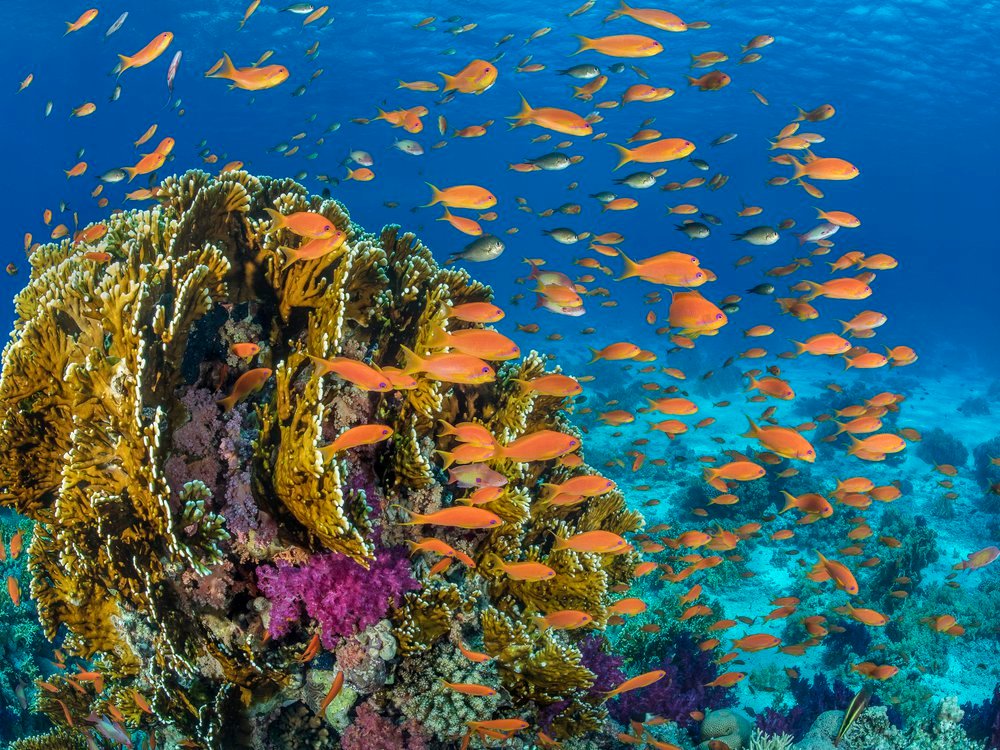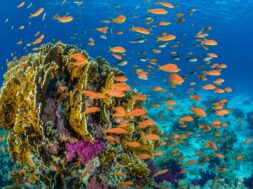
Effects of Climate Change on Nature, 45,000 Marine Species at Risk
New Delhi: The latest research conducted on the effects of climate change on marine species found that more than 45000 marine species are at risk due to climate change. The global marine experts, and researchers, at the University of Queensland (Australia), have found that one of the most unfortunate effects of climate change is the impact it has on the species of marine life.
The researchers at the universities reviewed marine biology literature categorized a wide range of threats – from climate change to pollution to fishing – faced by more than 45,000 species, and developed a framework.
Dr. Nathalie Butt from UQ’s School of Earth and Environmental Sciences said the research revealed the most endangered species from all threats. The framework has been formed for identifying the most vulnerable marine species.
It will boost global conservation and policy efforts against anthropogenic climate change. The research has been published in ‘Ecosphere’.
“Roughy fishes are quite vulnerable to the effects of pollution, including organic, inorganic, and nutrient pollution, which was quite a surprise, as they live at a range of depths, including deep sea, which demonstrates how far the effects of pollution are spreading,” she said.
“Molluscs, corals, and echinoderms – hard or spiny creatures such sea urchins – are truly feeling the impacts in our oceans, facing a diverse range of threats,” Dr. Butt said.”They’re affected by fishing and bycatch, pollution, and climate change.”
“Flowerpot corals – an incredibly fragile but stunning form of coral found in the Pacific and Indian Oceans and the Persian Sea – is one group of species that are especially affected by climate change-related stressors, such as ocean acidification,” she continued.
“We also discovered that starfish, sea snails, and flying fish are increasingly vulnerable to climate change-related stressors, all of which can be found in oceans around the world.”
“This means that the work can also be applied in particular places to protect the ocean, using more detailed information about the species, and their threats, in that place.” She said in the conclusion.













